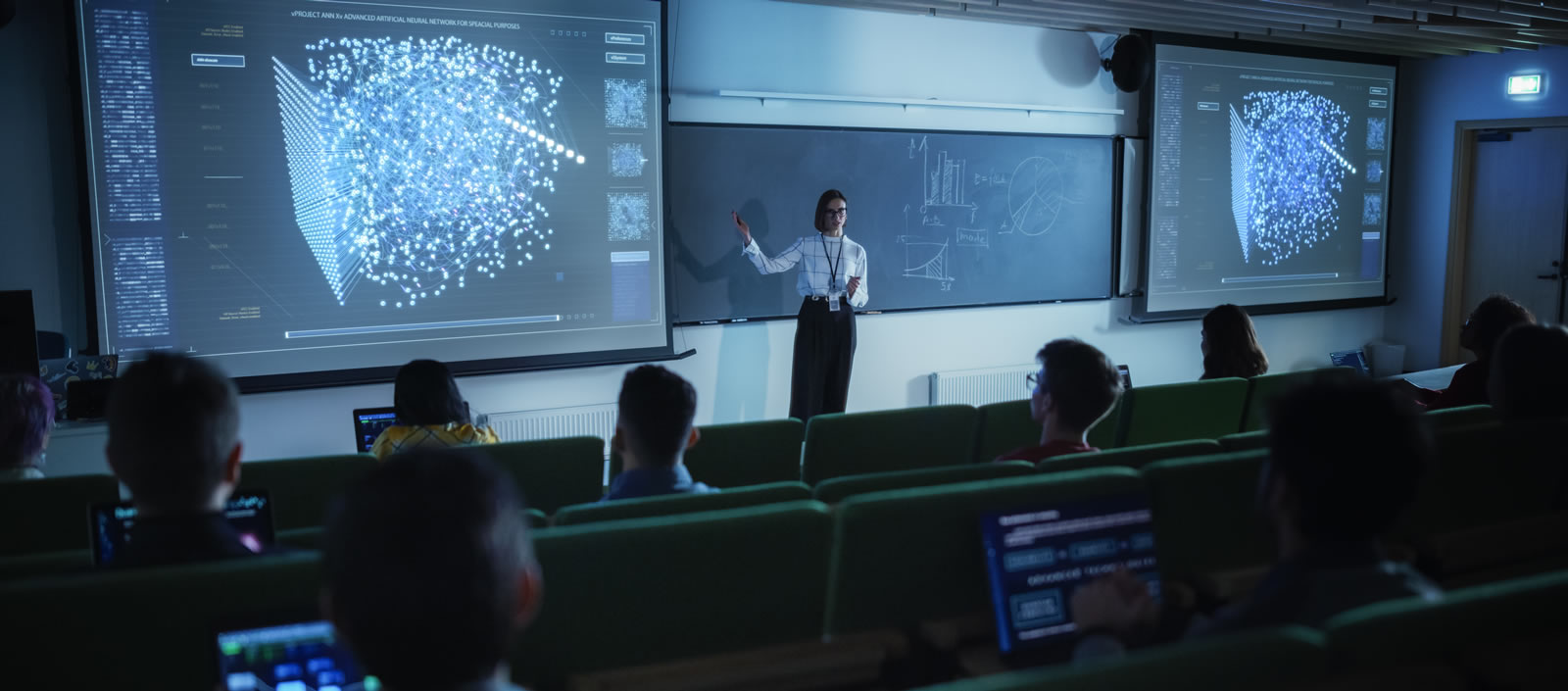Requirements
Coursework
All IGPEES students are required to take following courses.
- Two credits for the Special Lectures on Earth-Space Frontier Science I or II by the end of their Master's course
*Students who enrolled in IGPEES from the Doctoral course must earn these credits by the end of their second Doctoral year. - Six credits for courses from the Lectures on Earth-Space Frontier Science listed below by the end of their first Doctoral year (at least two credits must be for courses given by a department other than their own) List of Courses
- At least two credits for the Exercises in Earth-Space Frontier Science (Ⅰ-Ⅳ) by the end of their second Doctoral year
If a student has obtained credits for some of these courses prior to enrolling in IGPEES and after entering the graduate school, the credits will be counted toward their required coursework credits (If students who enrolled in IGPEES from the Doctoral course have obtained credits for some of these courses prior to enrolling in IGPEES and after entering the graduate school, they should apply for them to be counted).
Meetings with a Secondary Supervisor
Each IGPEES student is assigned a secondary supervisor in addition to their main supervisor. All IGPEES students are required to meet and report their academic progress to their secondary supervisor once every six months. Submit the Academic Progress Report signed by their secondary supervisor to the WINGS Desk, Academic Affairs Office of the Graduate School of Science.
See here for details of faculty members who can take on the role of secondary supervisor.
*The secondary supervisor system is designed to provide students with a wide-ranging interdisciplinary perspective that goes beyond their specialist field. Students are thus expected to select secondary supervisors who work in research fields that are different from their own.
Onsite Training in Earth-Space Frontier Science
In order to provide opportunities for students to obtain a strong basis in their specialized fields as well as ability to independently create new research fields by combining different subject areas, students must take part in the Onsite Training in Earth-Space Frontier Science by the end of their second Doctoral year to complete IGPEES. Followings will be admitted as the Onsite Training in Earth-Space Frontier Science.
(1) An assignment abroad
(2) A corporate internship
(3) Joint research at other universities or research institutions
Students are expected to participate in the activity for longer than two weeks. Students may combine more than one activities if the total period exceeds two weeks, however, it is not allowed to include more than one corporate internship in the plan.
Refer to the guidelines attached below for more details.
- Guidelines for the IGPEES Onsite Training
- 1_Application form for Onsite Training in Earth-Space Frontier Science
- 2-1_Report for Onsite Training in Earth-Space Frontier Science
- 2-2_Report for Onsite Training in Earth-Space Frontier Science_WEB
- 3_Proposal for Onsite Training in Earth-Space Frontier Science
Miscellaneous
If you would like to present/publish your research results obtained through this program, you may indicate that the research was supported by IGPEES.
Examples of the Acknowledgement in research articles are as follows.
【Japanese】
- 本研究は宇宙地球フロンティア国際卓越大学院プログラム(IGPEES)、東京大学国際卓越大学院教育プログラム(WINGS)の支援を受けたものです。
- 本研究はIGPEES、東京大学WINGSプログラムの支援を受けたものです。
【English】
- This research was supported by International Graduate Program for Excellence in Earth-Space Science (IGPEES), a World-leading Innovative Graduate Study (WINGS) Program, the University of Tokyo.
- This research was supported by IGPEES, WINGS Program, the University of Tokyo.


